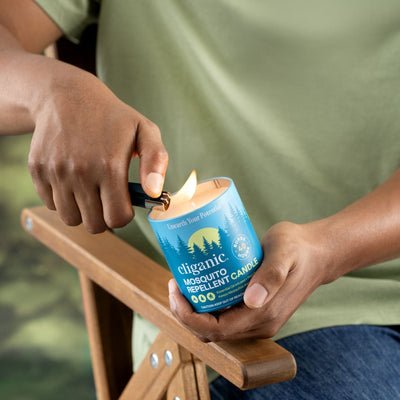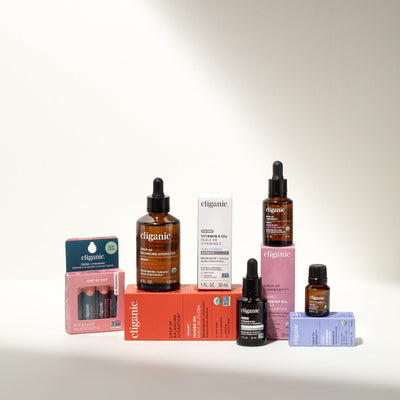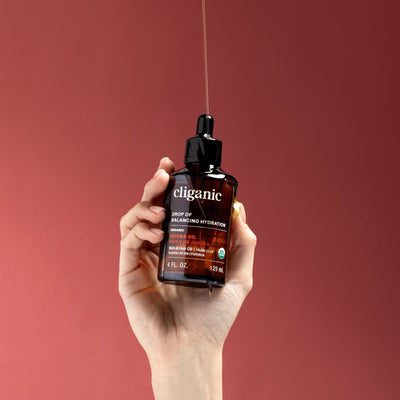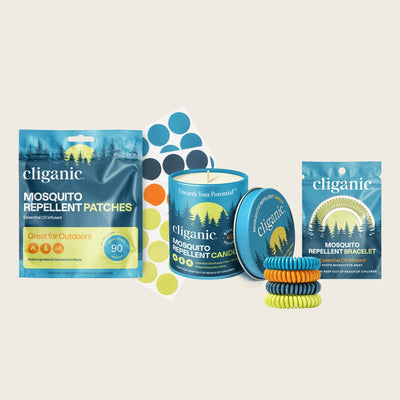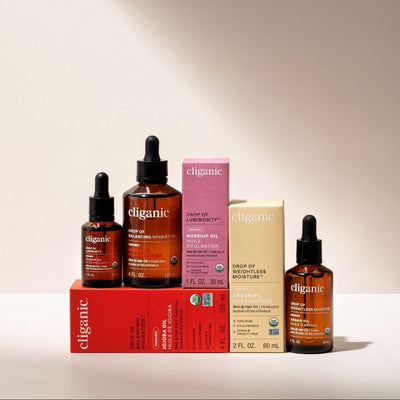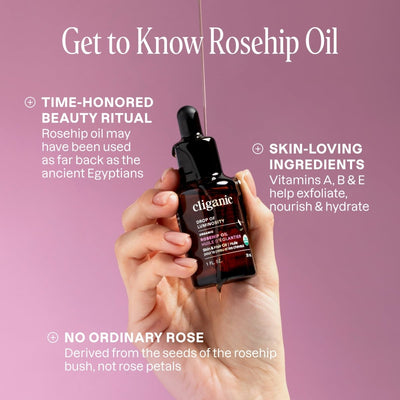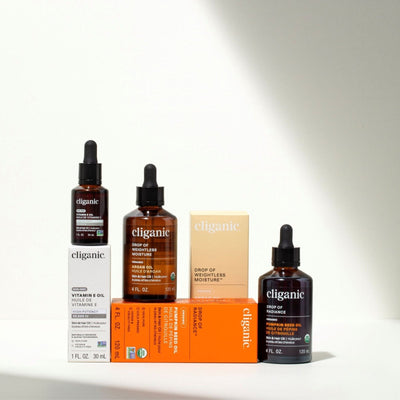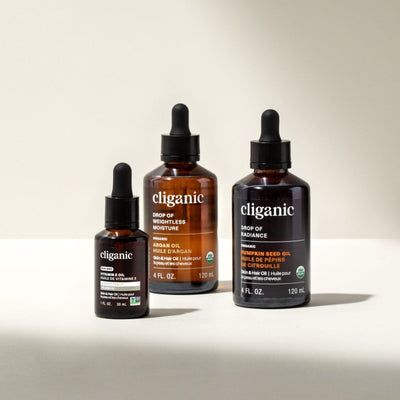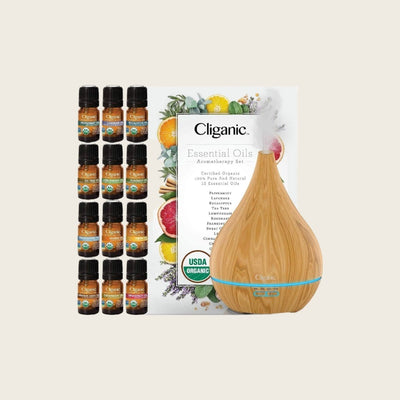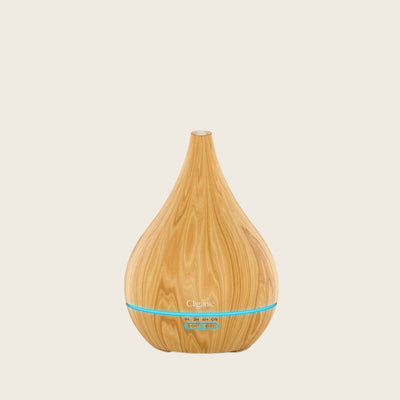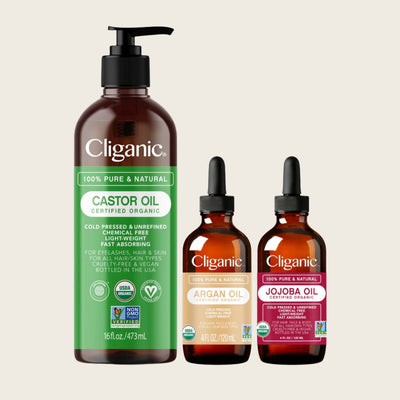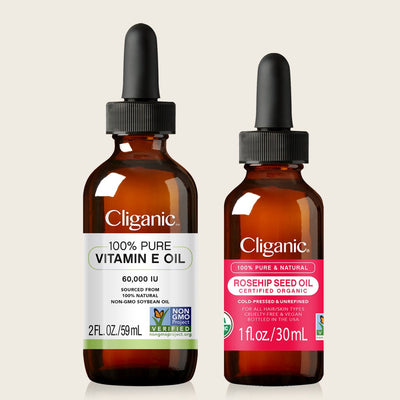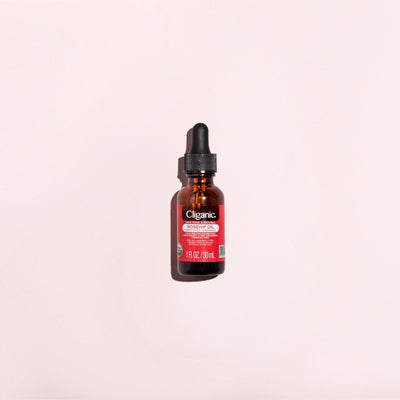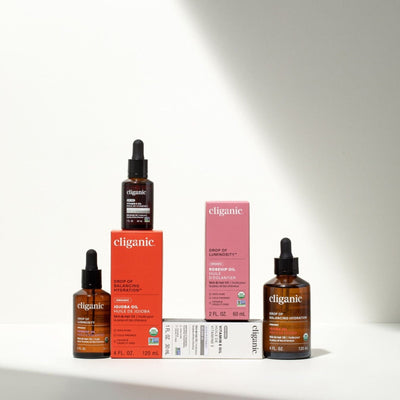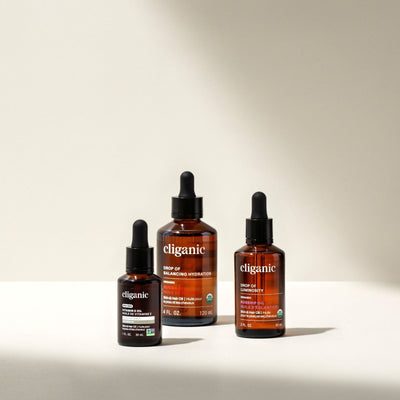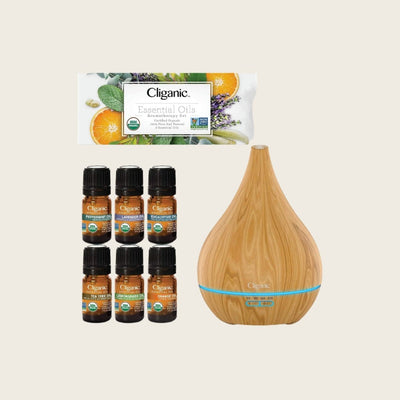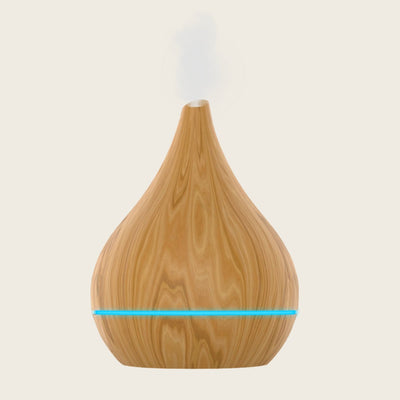11 Apr 2019
Cinnamon Cassia Oil - Benefits and Uses

Cinnamon oil benefits include thickening the appearance of hair and helping with well-being. Cinnamon oil uses range including plumping the look of lips. This article covers the following topics:
- Essential oils overview
- The different types of cinnamon essential oil available
- Cinnamon leaf oil vs cinnamon bark oil
- Cinnamon essential oil benefits
- How to use cinnamon oil
- Safety and precautions
- Why you should choose organic essential oils
- Why you should choose Cliganic essential oils
- Where to buy cinnamon oil.
Essential Oils Overview
Essential oils are concentrated versions of the natural oils found in plants and trees. The oils come from the leaves, fruits, bark, flowers, seeds, roots, or resins. Most essential oils are extracted by steam distillation. However, essential oils made from citrus fruits use a process called cold pressing.
Essential oils have been used in various cultures for thousands of years. The ancient Egyptians incorporated essential oils throughout their daily lives. Essential oils are a central element of Indian Ayurvedic medicine—the oldest system of medicine in the world. Essential oils were also used in ancient Greece, Rome, and China.
Today, essential oils are still valued for their aromatic and cosmetic qualities. Aromatherapists use essential oils to promote health and well-being. Many people use essential oils for hair and skin care, and to clean their homes.
What Is Cinnamon Essential Oil?
There are four main types of cinnamon essential oil. The differences include which tree and which parts (bark or leaf) are used to make the oil. Let’s first look at the different types of cinnamon trees used to make the oils.
The first type of cinnamon is Ceylon cinnamon (Cinnamomum zeylanicum), which is also known as “true cinnamon.” This type of cinnamon is sold and used throughout Europe and Mexico. The second type of cinnamon is Chinese cinnamon (Cinnamomum cassia), which is better known as “cinnamon cassia.” This is the type of cinnamon sold in the U.S. and Canada.
Both types of cinnamon are closely related—with similar aromas and chemical compositions. The fragrance is described as spicy, woodsy, warm, and earthy. However, cinnamon cassia has a sweeter smell and contains more coumarin (a naturally occurring blood thinner).
Although both types of cinnamon are used to make cinnamon essential oil, cinnamon cassia oil is used in Cliganic’s cinnamon essential oil. So if you’re wondering “what is cassia oil,” it is the essential oil that is steam distilled from the cinnamomum cassia tree, an evergreen tree native to Southern China.
When we refer to cinnamon essential oil throughout this article, we’re talking about cinnamon cassia essential oil made from the bark of the Chinese cinnamon tree. Read on for information on the differences between essential oils made from cinnamon leaf and cinnamon bark.

Cinnamon Leaf Oil vs Cinnamon Bark Oil
Aside from the different types of cinnamon trees used, cinnamon essential oil can be made from either the bark or the leaves of the cinnamon plant. There are important differences between the two types.
- Cinnamon bark oil has higher levels of cinnamaldehyde. Because the scent comes from this chemical, cinnamon bark essential oil has a stronger scent than cinnamon leaf essential oil. Also, cinnamon bark oil can be very irritating to the skin, which means it must be diluted before use. See the Safety and Precautions section for more information.
- Cinnamon leaf oil contains higher levels of eugenol. Besides having a milder aroma, cinnamon leaf oil usually costs less and is not as irritating to the skin.
What Is Cinnamon Essential Oil Good For?
If you’re wondering what is cinnamon oil good for?, you’ll be glad to hear that cinnamon oil benefits are wide-ranging. Many people enjoy using cinnamon essential oil in a diffuser in the fall and during the winter holidays.
So what does cinnamon essential oil do? The benefits of cassia essential oil include:
- Thickening the appearance of hair
- Relaxing joints
- Plumping the look of lips
Cinnamon Essential Oil Uses
This section on cinnamon cassia oil uses provides many tips and techniques on how to use cinnamon oil, including information on how to make cinnamon oil DIY recipes and cinnamon essential oil blends.
Cinnamon essential oil blends well with clove, frankincense, lavender, lemon, sweet orange, ylang ylang, ginger, and bergamot. When creating an essential oil blend, follow these guidelines.
- Place the oils in a dark bottle (preferably amber-colored) to protect them from light. A two-ounce bottle should work for most recipes.
- After combining the oils, label the bottle with the ingredients, date, and intended use.
- Store the bottle at room temperature or in the refrigerator away from light and heat.
- Be sure to put the cap back on immediately after use as oxygen can affect an oil’s composition.
- Shake well before each use to combine the oils.
Cinnamon Oil for Hair
The benefits of using cinnamon essential oil for hair focus on the oil’s ability to lessen thinning hair. Below are two recipes focused on treating thinning hair.
Thick Hair Treatment
Combine oils and massage into scalp and hair. Cover with a shower cap or warm towel and leave on for 45 minutes before washing.
- 5 tablespoons carrier oil
- 5 drops cinnamon
Cinnamon Hair Mask
Combine ingredients and massage into scalp and hair. Leave on for 10 to 15 minutes before washing.
- 6 teaspoons jojoba oil
- 1 teaspoon honey
- 4 drops cinnamon
Cinnamon Oil for Skin
It is critical to properly dilute cinnamon oil before using it on your skin. However, when properly diluted, it can be safely used as a massage oil and to relax joints. We’ve also included a recipe for a Cinnamon Vanilla Body Scrub. Be sure to read the Safety and Precautions section for full information on safely using the oil.
Warming Massage Oil
Combine oils and shake well before each use.
- 1 ounce jojoba oil
- 3 drops sweet orange
- 2 drops coriander
- 1 drop cinnamon
Massage Oil to Relax Joints and the Stomach
Combine oils and shake well before each use. For stomach, massage lower abdomen in a circular motion. For achy joints, apply to affected areas.
- 2 teaspoons jojoba oil
- 1 drop cinnamon
Cinnamon Vanilla Body Scrub
Combine and mix all ingredients except for coconut oil. Then slowly add in coconut oil and stir. Store in an airtight glass container.
- 1 cup brown sugar
- ¼ cup coconut oil
- ½ teaspoon vanilla extract
- 3 drops cinnamon
Cinnamon Oil for Lips
Because cinnamon essential oil irritates skin, some people take advantage of this property by using it to plump the look of their lips. Natural lip plumpers work because they cause mild irritation to the lips—causing them to look fuller.
Lip Mix 1
Combine ingredients and mix well. Apply a small amount to lips and rub with a small circular motion.
- 2 teaspoons olive oil
- 1 drop cinnamon
Lip Mix 2
Combine ingredients and mix well. Apply a small amount to lips and rub with a small circular motion.
- 1 tablespoon petroleum jelly
- 2 drops cinnamon
Diffusing Cinnamon Essential Oil
Cinnamon is a favorite scent to use during fall or the holidays. Be sure to follow the manufacturer’s guidelines for using your essential oil diffuser.
Breathing Blend
- 1 drop cinnamon
- 1 drop rosemary
- 1 drop eucalyptus
- 1 drop clove
- 1 drop orange
Warm and Cozy Blend
- 3 drops cinnamon
- 2 drops white fir
- 2 drops clove
Holiday Blend 1
- 2 drops cinnamon
- 2 drops clove
- 2 drops orange
Holiday Blend 2
- 6 drops orange
- 3 drops cinnamon
- 3 drops rosemary
Fall Blend
- 2 drops cinnamon
- 2 drops wild orange
- 1 drop clove
Spicy Citrus Blend
- 2 drops lemon
- 2 drops lime
- 1 drop cinnamon
Cinnamon Essential Oil Safety and Precautions
Cinnamon essential oil, especially cinnamon bark essential oils, need to be used carefully. Cinnamon oil dangers include skin irritation and inhibition of blood clotting (due to the levels of coumarin in the oil). Therefore, experts recommend the following precautions.
- Don’t use cinnamon oil if you are pregnant, breastfeeding, taking blood thinners, or have broken skin.
- Don’t use cinnamon oil on children under 2 and use extreme caution with children over 2.
- Cinnamon essential oil’s high risk of skin sensitization means the oil should not exceed a 0.5% dilution rate for topical applications—1 drop per 2 teaspoons of carrier oil. (Cliganic’s 100% organic cold pressed jojoba oil is an ideal choice for a carrier oil.) Perform a patch test to check for allergic reactions.
- Don’t inhale undiluted cinnamon oil as it may irritate mucous membranes.
- Don’t use an essential oil diffuser for longer than 20 to 30 minutes.
- Don’t use essential oils near eyes or mucous membranes.
- Store essential oils out of reach from children and pets.
- Do not ingest essential oils.
- Wash your hands after using essential oils.
Why Choose Certified Organic Cinnamon Oil?
Cliganic’s organic cinnamon oil is certified USDA organic, which means 100% of ingredients are certified organic and free of synthetic additives (including pesticides, dyes, and chemical fertilizers). Also, certified organic products are processed without using genetic engineering, industrial solvents, or irradiation. By choosing a certified organic product, you’ll know you’re getting pure cinnamon oil that was produced using environmentally-friendly methods.
Why Choose Cliganic Cinnamon Cassia Oil?
We believe that Cliganic makes the best essential oils on the market, and we think you’ll agree. Cliganic’s pure cinnamon oil stands apart because of our commitment to purity, organic materials, and quality packaging.
Our organic cinnamon oil is manufactured and packaged to the highest standards. Our bottles are made of premium dark amber glass—the best container for protecting oils from UV light. Each bottle has a German dropper cap, which gives you better control when dispensing the oil. This cap reduces waste and accidental spillage—making it the perfect choice for DIY recipes.


















